Frederica Freyberg:
A new UW-Milwaukee report calls out the racial divide of COVID-19 in Milwaukee saying, “The data that we do have has revealed disturbing patterns showing that African-American residents were twice as likely as white residents to contract the disease.” Marisa Wojcik brings us the story behind the numbers.
Marisa Wojcik:
Some are saying COVID-19 isn’t racist, but it is opportunist, and a new report out of UW-Milwaukee brings context to that statement.
Joel Rast:
We had some data that was already showing that there were these racial disparities.
Marisa Wojcik:
The report’s author, Joel Rast, says the data shows the racial divide of the disease in Milwaukee, looking at numbers on a geographic level.
Joel Rast:
So these are areas that are very much segregated neighborhoods. And so by looking at the geography, you know, where the cases are clustering, we can see very quickly whether those cases are, you know, located in black areas of the city or the county or in mostly white areas.
Marisa Wojcik:
Many of these neighborhoods are on Milwaukee’s north side. State Representative David Bowen serves many of these neighborhoods.
David Bowen:
And understanding within a seven-day time frame the numbers of contractions went up probably threefold.
Marisa Wojcik:
The coronavirus takes advantage of situations that don’t allow for social distancing, like working service industry jobs and living in a household with multiple people.
David Bowen:
Folks are taking the risk and the chance of possibly contracting the virus and bring it back to their families.
Marisa Wojcik:
Another opportunity, access to good health care.
David Bowen:
Folks in my community that deal with these other preexisting conditions that they are having a much tougher time getting through this virus.
Adrienne Lathan:
The relationship I have with my doctor was extremely important and very helpful because he was right on top of things, getting me tested, getting me admitted to the hospital. So that was a big plus. And I see in our community, our black community, we don’t have a lot of that.
David Bowen:
Are there things that we can begin to think about differently now as a result of this illness to begin addressing some of these inequalities?
David Bowen:
This does not end the story about us. This is a continuation of just how much that we have been through.
Marisa Wojcik:
For “Here & Now,” I’m Marisa Wojcik.
David Bowen:
If we end up getting the support and the help, or we have to do it on our own, we will get it done.
Search Episodes
News Stories from PBS Wisconsin
12/03/25
Wisconsin Supreme Court agrees to hear lawsuit on whether local jails can hold immigrants for ICE

Donate to sign up. Activate and sign in to Passport. It's that easy to help PBS Wisconsin serve your community through media that educates, inspires, and entertains.
Make your membership gift today
Only for new users: Activate Passport using your code or email address
Already a member?
Look up my account
Need some help? Go to FAQ or visit PBS Passport Help
Need help accessing PBS Wisconsin anywhere?

Online Access | Platform & Device Access | Cable or Satellite Access | Over-The-Air Access
Visit Access Guide
Need help accessing PBS Wisconsin anywhere?

Visit Our
Live TV Access Guide
Online AccessPlatform & Device Access
Cable or Satellite Access
Over-The-Air Access
Visit Access Guide
 Passport
Passport





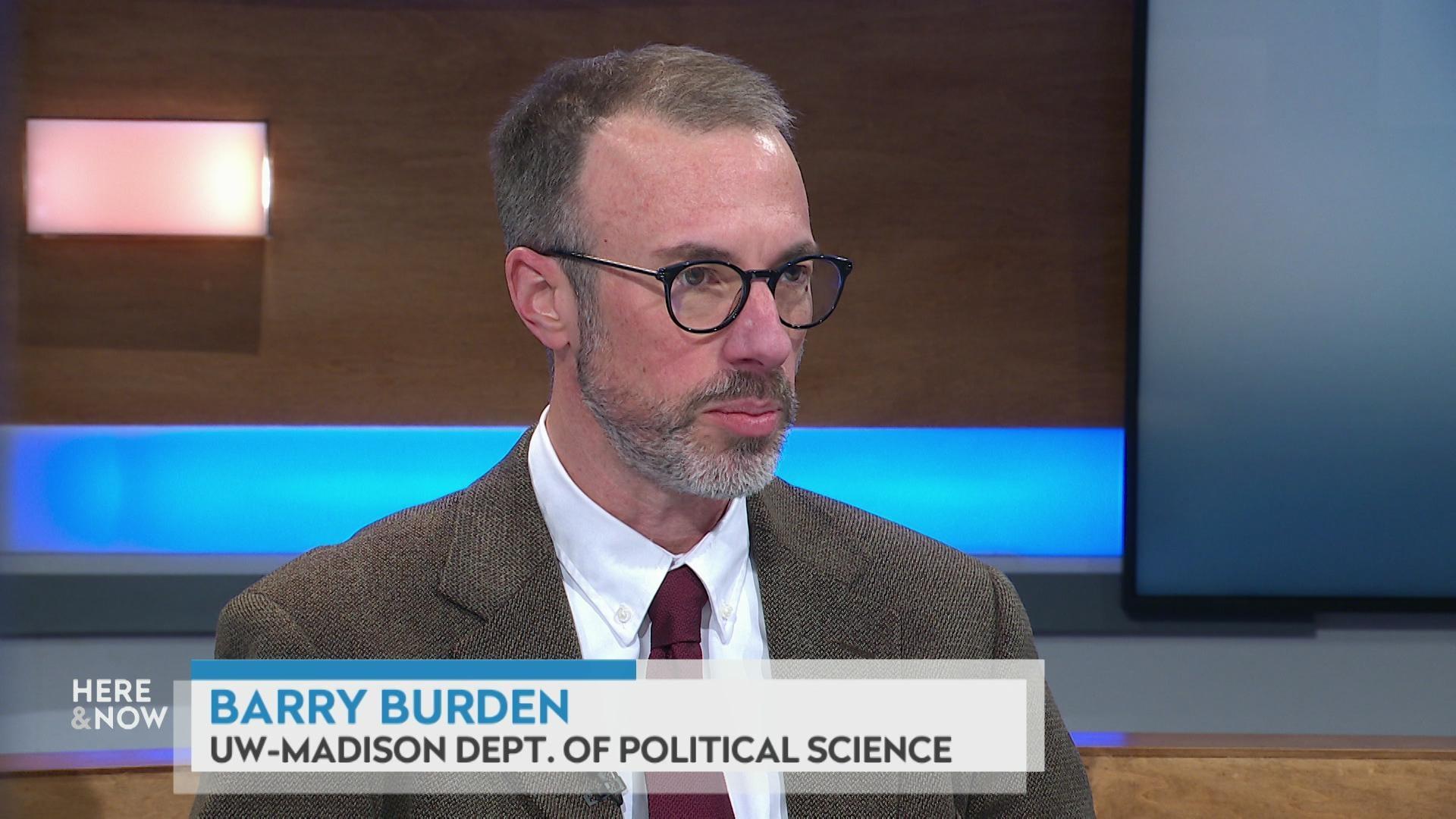
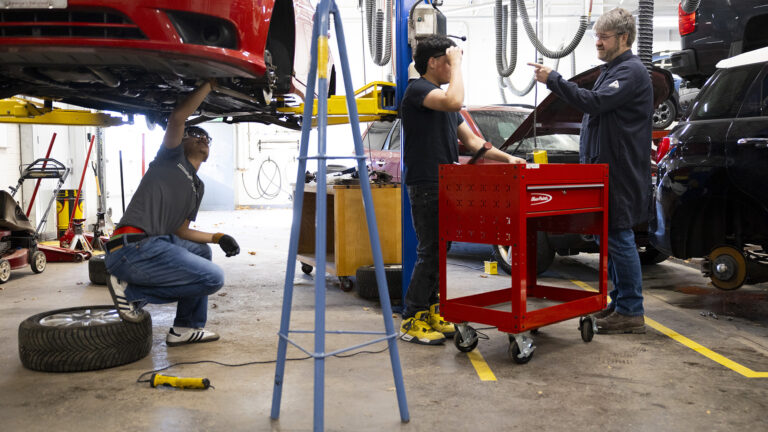
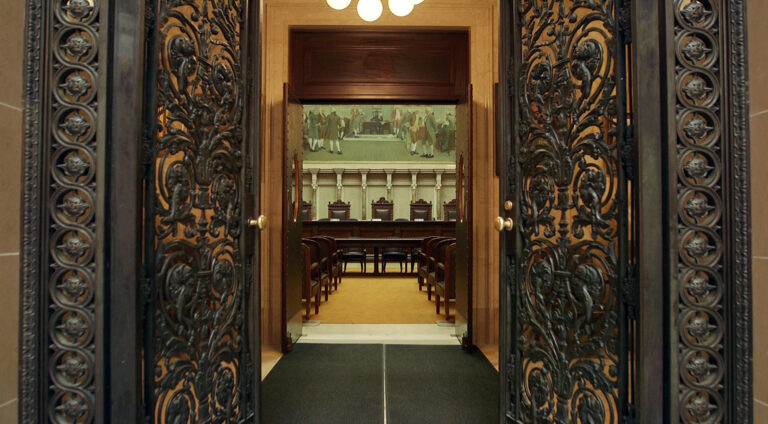
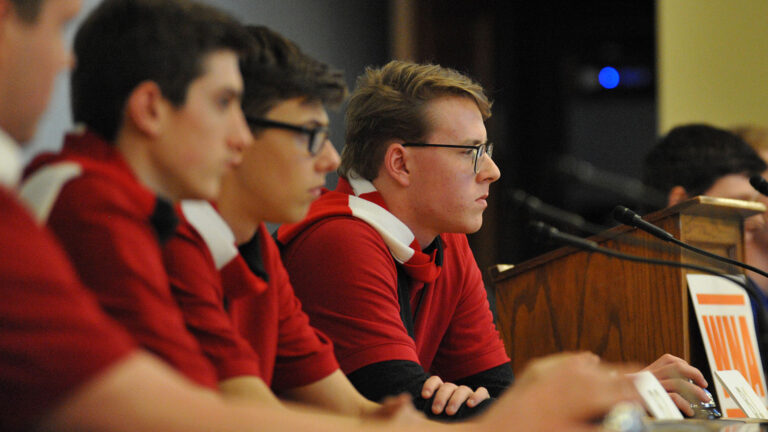
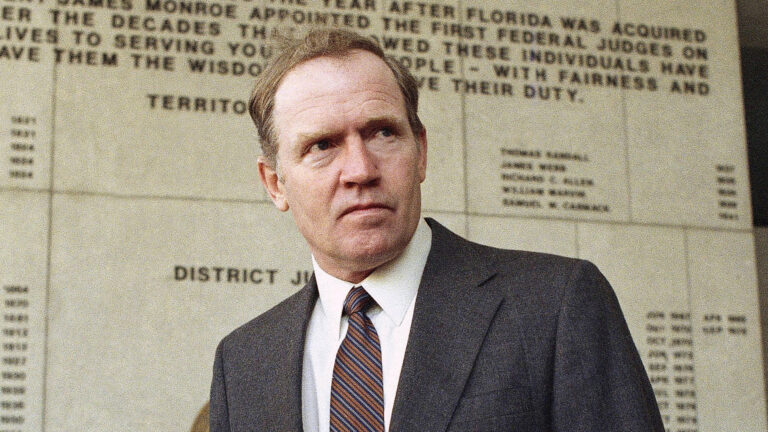
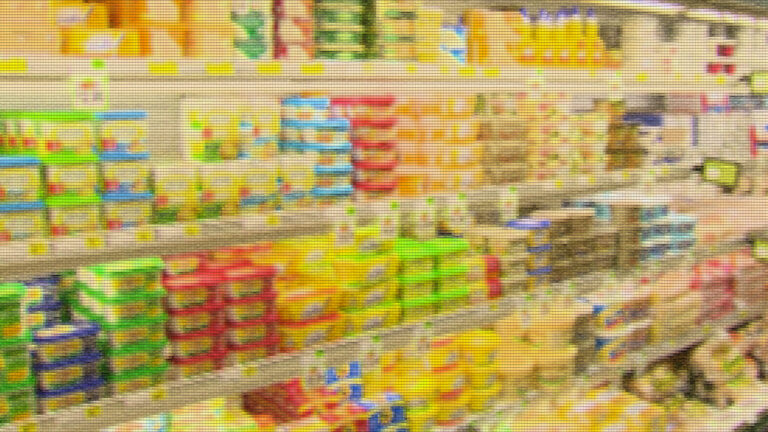
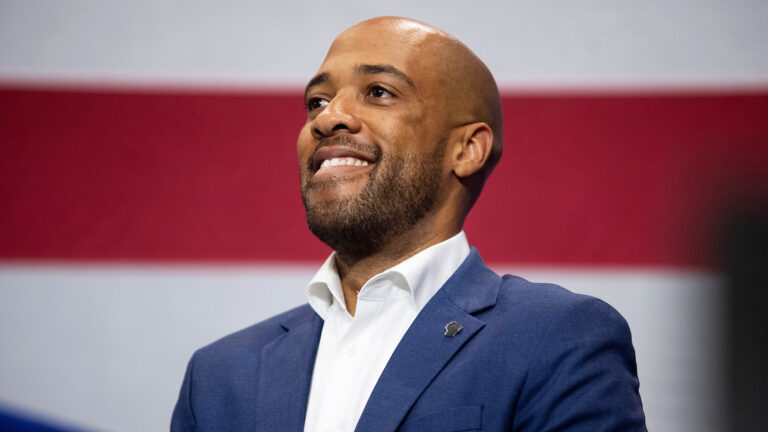
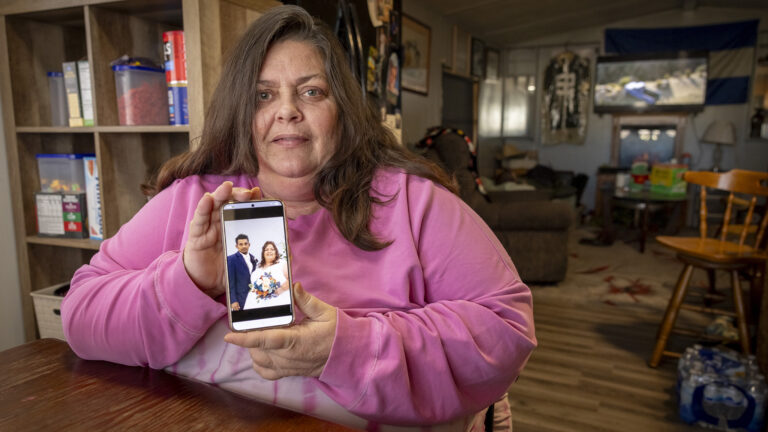
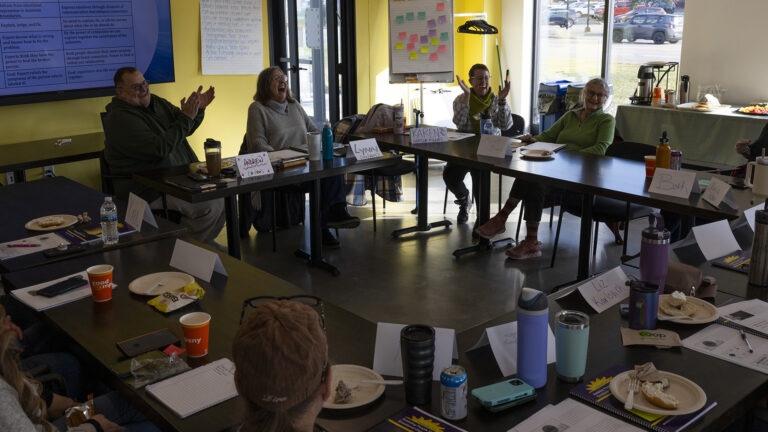
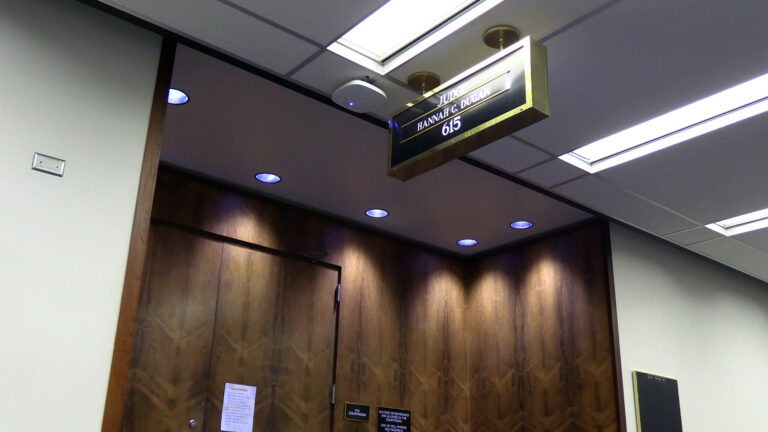
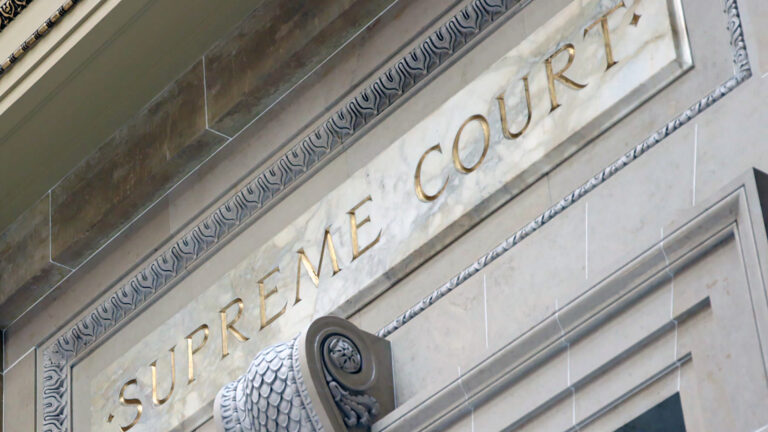
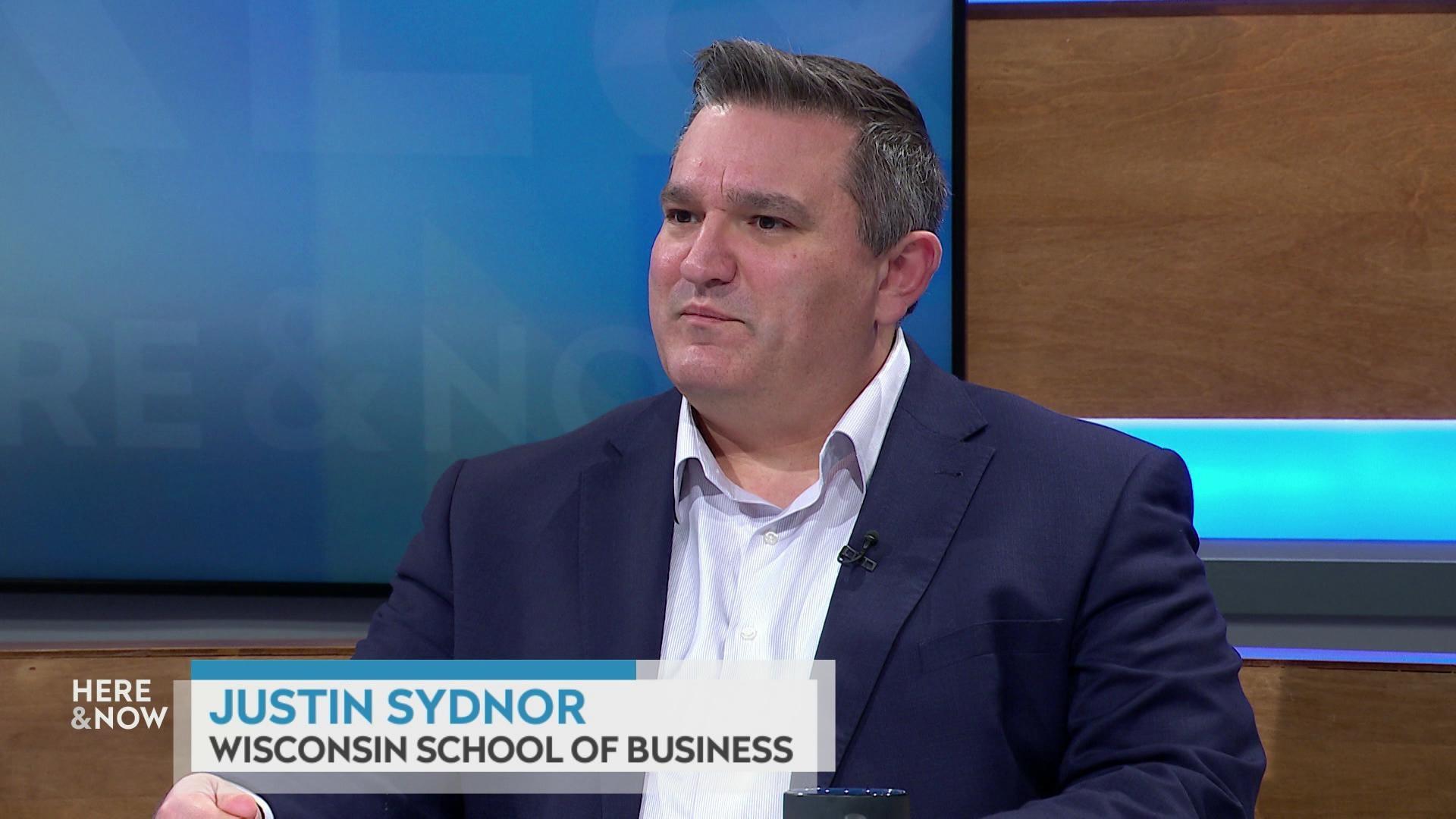

Follow Us